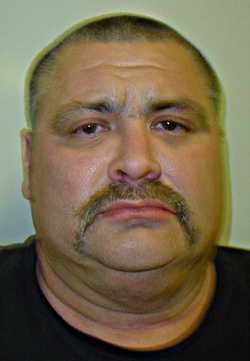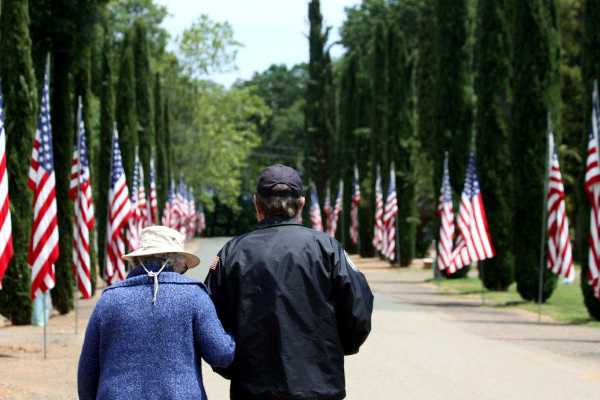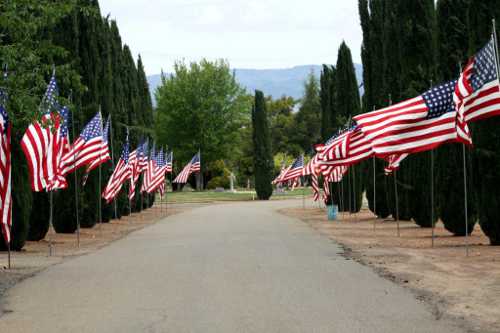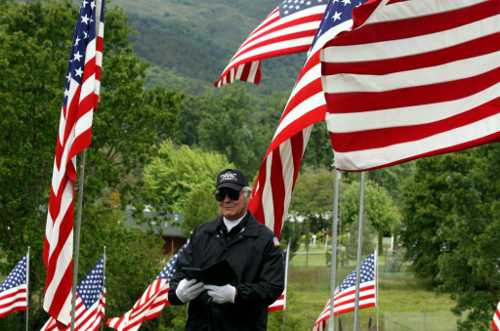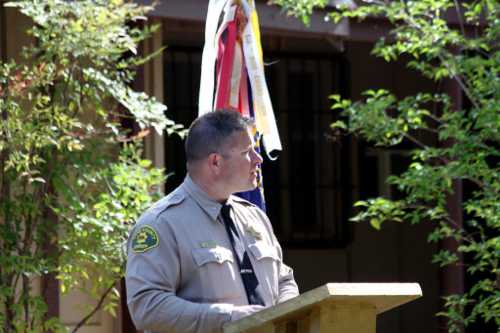- Lake County News reports
- Posted On
STATE: Protesters gather at Tribal Leaders Forum, Echo Hawk declines to meet
The protesters, representing tribes from throughout Indian Country, issued a statement in which they decried actions taken by tribal officials in violation of tribal and federal laws.
Several protestors had made formal requests to meet with Assistant Secretary Indian Affairs Larry Echo Hawk, who was scheduled to attend the forum.
Assistant Secretary Echo Hawk is charged with carrying out the Department of Interior’s trust responsibilities to tribes and individual Indians.
The protestors wanted an opportunity to discuss the problems of corruption and rights violation in Indian Country and question him on the actions the department would take to uphold its trust responsibility to the thousands of individual Indians who have been victimized by tribal leaders.
To date, the department, through the Bureau of Indian Affairs, has declined to intervene and allowed tribal leaders to continually terrorize targeted individuals and groups unless the tribe's governing documents allow BIA intervention
Assistant Secretary Echo Hawk failed to respond to the numerous requests, and when several protestors attempted to enter the forum, they were confronted by individuals claiming to be the assistant secretary’s bodyguards. The protestors were questioned by the bodyguards and asked to provide proof of their identification, but they were not allowed to meet with the assistant secretary.
A small group of protestors was eventually allowed to meet with BIA Pacific Regional Director Amy Dutschke and Superintendent Robert Eben of the Southern California Agency.
The BIA representatives listened to the individuals concerns regarding corruption and rights violations in Indian Country.
Regional Director Dutschke did inform those she met with that sanctions could be levied against offending officials and tribal governments and promised to take the issue to Echo Hawk.
The BIA is not the only forum that has declined to intervene in matters considered internal to the tribes. The courts have almost always declined to hear cases involving internal tribal matters.
Tribes and tribal officials accused of violating tribal and federal laws – such as the Indian Civil Rights Act of 1968 – have routinely claimed that their actions are cloaked by sovereign immunity and beyond the jurisdiction of the courts.
In a recent case involving the Snoqualmie Tribe of Washington State, a federal judge ruled that tribal leaders had illegally banished members of the tribe. In spite of the court's ruling, the Snoqualmie tribal council has failed to comply with the decision and continues to cite sovereign immunity as justification for their unlawful actions. The illegally banished members are now being subject to disenrollment, against the wishes of their tribal members, by the very same tribal officials.
A contingent of the banished Snoqualmie Tribal members traveled over the course of several days to join representatives from several California tribes, Oklahoma, and Arizona. The Snoqualmie and others believe it is important that tribal leaders and federal officials begin to understand the breadth and impact of human and civil rights violations in Indian Country.
“In the past decade, thousands of Indians throughout the United States have been the victims of gross human and civil rights violation,” said John Gomez Jr., a founding member of the American Indian Rights and Resources Organization.
“The rise in the number of crimes committed by tribal officials against individual Indians appears to coincide with the expansion of Indian gaming,” Gomez said. “Greed and the desire to maintain control of businesses that bring in millions, sometimes hundreds of millions, of dollars are motivating factors to get rid of opposing factions within the tribe and deny membership to those who would share in any profits.”
He added, “As long as tribal officials can continue to escape prosecution for their illegal acts by invoking immunity from suit, such crimes will continue unabated. Many more will be banished; disenrolled; denied membership; denied voting rights and medical services; and stripped of the rights guaranteed by tribal and federal laws.”
Congress enacted the Indian Civil Rights Act in 1968 in response to claims made by individual Indians that tribal officials were violating basic human and civil rights. The ICRA provides that tribes and tribal officials are barred from denying individuals rights such as due process and equal protection of laws. Unfortunately the ICRA failed to include an effective enforcement mechanism by which tribal officials could be held accountable for violations of its provisions.
Those who gathered at the protest agreed that tribal officials must be held accountable for their actions.
A means to accomplish this goal would be to amend the ICRA and provide for the prosecution of tribal officials for any violations of the actions prohibited in the law.
While such an action would be seen by tribes as an infringement on their sovereignty, those who have already been victimized do not believe that sovereignty should protect criminals or provide an environment where crimes can and will continue.
Follow Lake County News on Twitter at http://twitter.com/LakeCoNews , on Facebook at http://www.facebook.com/pages/Lake-County-News/143156775604?ref=mf , on Tumblr at http://lakeconews.tumblr.com/ and on YouTube at http://www.youtube.com/user/LakeCoNews .


